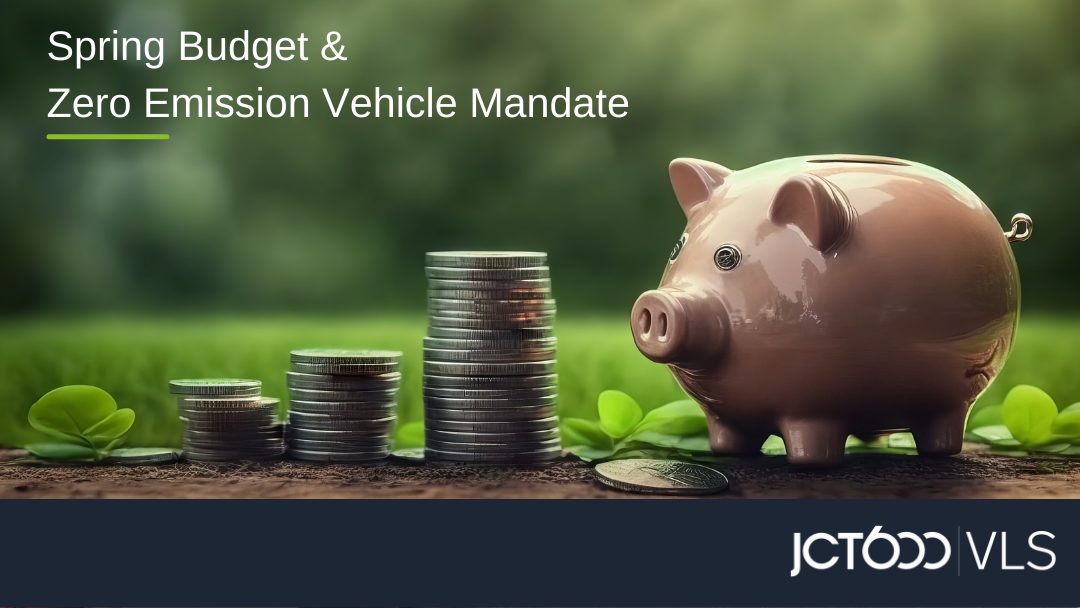The Government’s budget on 15th March 2023, was a relatively uneventful one for fleets with two main takeaways being the 5p cut in fuel duty from last year remaining in place and a replacement for the “super deduction” with all capital purchases of plant and machinery (including vans) being able to be fully expensed for the next three years.
Keeping the cut in fuel duty will provide some relief for fleets as they battle rising costs throughout their operation, but it was the absence of changes to two key areas which were the focus internally.
BIK Rates
In the run-up to every budget or statement, we collectively hold our breath to see if any changes impact our customers’ company car policies. These are usually in the form of changes or updates to BIK rates, and in this statement, there were no changes or updates announced.
With typical renewal cycles every 3 or 4 years, any change can be significant to employers and employees with both live vehicles but also vehicles on order. However, as it stands, we have 5 years of foresight of rates, which was provided last autumn.
For BEVs, the rates are 2% up to 2024/25 and increase by 1% year on year until 2027/28 when they reach 5%. The rates for all other vehicles will be increased from their current rates by 1% in 2025-26 up to a maximum appropriate percentage of 37% and will then be fixed for 2026-27 and 2027-28.
For the majority of our customers who are making the transition to electric, this clarity for at least the next renewal cycle supports the business case, whilst delivering whole-life cost justification for making the transition to EVs even though they have a higher price point.
This is also good news for customers who have implemented or are looking to launch salary sacrifice for EV schemes to their employees. The low BIK makes these schemes attractive to employees whilst delivering against cost-saving, carbon reduction, and employee retention objectives for employers.
Charging Infrastructure
There was no news in the budget for further support and investment in EV infrastructure to support the fantastic uptake of EVs nationwide. As the number of EVs on our roads rise, and the early adopters who have made the transition easily (usually due to home charging and predictable daily mileage less than the size of the battery) are making way for a larger population, the pressure on the inconsistent infrastructure will only increase.
There are ongoing calls in the industry for further investment by the Government, a charging infrastructure regulator, reduction of VAT on public charging to bring it in line with domestic energy tariffs.
However, within two weeks of the budget, the Government launched a £381 million Local Electric Vehicle Infrastructure (LEVI) fund alongside its Zero Emission Vehicle (ZEV) mandate to provide funding to local authorities to provide more EV charge points.
Zero Emission Vehicle Mandate
On 30th March, the Department for Transport proposed its Zero Emission Vehicle mandate, which will come into effect in 2024. Starting at 22% in 2024, and ramping up to 80% in 2030 and 100% in 2025, it gives a clear runway of how manufacturers will meet the government’s lofty ambitions and targets.
This will hopefully provide greater confidence to fleets around the supply of EVs as they make the transition, whilst also fuelling the ambitions and investment of the charge point operators.
If you would like to chat with a member of our team about how we can help you with your latest objectives, please email contactvls@jct600.co.uk or 0113 3911791 and we will be very happy to help.

